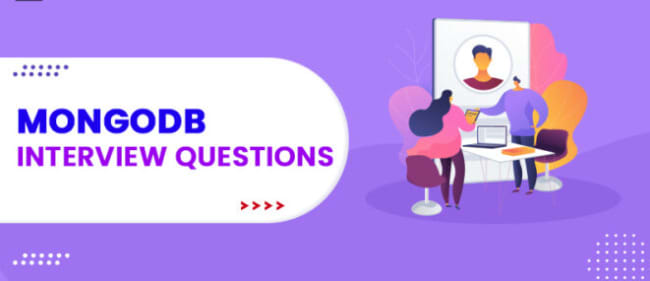MongoDB is one of the most famous and generally utilized NoSQL or non-social databases which is developed by MongoDB Inc. It is an open-source, documented-arranged database authorized under the Server Side Public License. Since MongoDB is a non-social database, it doesn't store data in the plain arrangement, as social databases. All things being equal, it utilizes adaptable, JSON-like documents to store data.
As MongoDB is a document-arranged database, it empowers us to store both organized and unstructured data. Also, it offers drivers for all significant programming dialects, including C, C++, Java, Python, Ruby, Scala, PHP, Mongoid, and Node.js. Along these lines, developers can quickly begin creating applications without investing their energy arranging a database.
MongoDB can deal with huge measures of data and scale on a level plane and in an upward direction. In addition, it is accessible in all significant cloud stages, like Google Cloud, Amazon Web Services (AWS), and Microsoft Azure, through MongoDB Atlas. A few prestigious organizations that utilization MongoDB are Meta, eBay, Google, Adobe, and Nokia.
So, without further ado, let us get started with the top MongoDB interview questions.
Top MongoDB Interview Questions and Answers
- Explain MongoDB.
- What do you understand about a NoSQL database?
- Explain different types of NoSQL databases.
- What different languages does MongoDB support?
- State the features of MongoDB.
- What are the advantages of MongoDB?
- What do you understand about a document in MongoDB?
- Can you state some restrictions on the field names of documents?
- What do you understand about a Collection in MongoDB?
- State some restrictions on the collection names in MongoDB.
- What do you understand about the Collections screen?
- What is a database in MongoDB? State some restrictions on the database names.
- What is Mongo Shell?
- Explain Namespace in MongoDB.
- State the difference between MongoDB and MySQL.
- Explain CRUD operations in MongoDB?
- How to create a database in MongoDB?
- How to create a collection in MongoDB?
- How to create a document in MongoDB?
- How to delete a document in MongoDB?
- How to delete a collection in MongoDB?
- How to delete a database in MongoDB?
- State the differences between MongoDB and Cassandra.
- Differentiate between MongoDB and CouchDB.
- What is ObjectID in MongoDB?
- What do you know about indexes in MongoDB?
- Can you drop an index in MongoDB? If yes, how?
- What is the use of the getIndexes() method of MongoDB?
- What do you understand about sharding in MongoDB?
- What do you know about a database profiler?
Conclusion
MongoDB is one of the most powerful and extensively used NoSQL databases. It offers a wide variety of features, such as indexing, replication, ad-hoc queries support, aggregation, load balancing, sharding, geospatial indexes support, and schemaless database.
This article has covered the most frequently asked MongoDB interview questions and answers. By going through these MongoDB interview questions along with their detailed answers, you will be able to learn and refresh your knowledge of various MongoDB concepts. Consequently, it will help you prepare yourself better for a MongoDB developer job interview.



Top comments (3)
That is incorrect. The Server Side Public License is NOT an open source license and therefore MongoDB is NOT open source software.
The community version being free of charge doesn't make it open source. MongoDB is licensed under the Server Side Public License. The SSPL is NOT an open source license because it limits user freedom to use, modify, and redistribute the software. Since the license isn't open source, that means the licensed software is NOT open source. I don't know what eduCBA is, but they apparently have no idea what open source and the principles of gratis and libre mean.